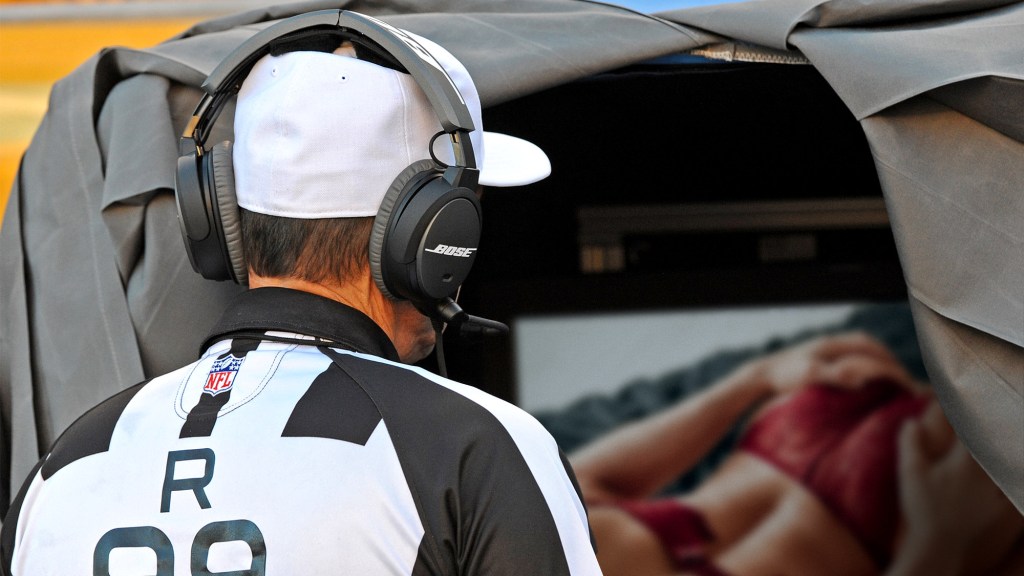FAIRVIEW, MO—The camping and concert grounds for Countryfest 2002, a week-long festival attended by more than 120,000 music fans, was mistaken for a refugee camp by passing Red Cross workers Tuesday.

“I was driving back from fire cleanup efforts in Colorado when the unmistakable stench of human offal hit me like a wall,” Red Cross volunteer Jim Montoya said. “As we came over the hill, there it was: rows of crowded tents pitched on the mud, giant piles of rotting garbage, and security personnel roving the barbed-wire perimeter fence. I simply had to stop and intervene on behalf of the poor refugees in this overcrowded, impoverished settlement.”
Using his Red Cross ID, Montoya was able to obtain a full-access Countryfest VIP wristband and move past the long lines of weary people in the paperwork-processing lines at the camp’s front gates, their possessions piled in bags at their feet.
“This certainly is not the worst camp I’ve witnessed in my travels,” said Montoya, 44, who has participated in relief missions in Rwanda, Sudan, and India. “But this being America, and given the fact that the camp has dubbed itself the ’Fun-In-The-Sun Country-Music Spectacular,’ I would’ve expected them to have at least basic sanitation. Not so.”
Despite the efforts of crews working around the clock, the festival’s resources were severely stretched by Day Three. Event organizers installed 100 portable toilets on the grounds, but the number proved woefully inadequate. The makeshift toilets were not emptied as scheduled and leaky, overflowing units spilled human waste into ditches. Foot-pump handwashing units were emptied mere minutes after they were refilled, as campers carried the water in buckets back to their living quarters, where no fresh water was available.
“I pretty much know to avoid the bathrooms over on the stage end,” said festivalgoer Stacey Edwards as a mud-splattered, shirtless 2-year-old clung to her leg. “If you’re a guy and just have to pee, you’re probably okay, but if you’re a girl, you better pray you don’t come into contact with anything while squatting over the hole.”
Besides the lack of basic sanitation, Montoya found other refugee-camp staples at Countryfest, including severe food shortages, wildly inflated prices for basic goods, and a lack of health care, with sick or injured parties directed to drive into town.
“This is what happens when so many people are forced into such a small space,” Montoya said. “Whatever the reasons, these individuals traded in their stable ranch-home existences for this. I simply could not turn a blind eye to this squalor, as the city government in Fairview apparently has.”
Red Cross rescue worker Lauren Elson said the camp has some semblance of an organizational structure, with certain decisions made by individuals at the Shoney’s-sponsored Countryfest Info-Tent. A crude communications system also exists, with edicts periodically broadcast live on 94.7 KTTS, Springfield’s Hot Country Mix. Though a set of camp rules was posted near the Fat Jack’s BBQ Ribs stand, lawlessness was still the norm.
“Impromptu settlements like this are always terribly disorganized because of how fast they grow,” Elson said. “Just last month, this place wasn’t even here. But word of mouth spreads, and more bodies than expected show up. In this case, rumors about a surprise visit by someone called ’Reba’ fueled the fire.”
While a language barrier prevented Elson from fully ascertaining the nature of the settlement, she determined that it was made up of displaced Americans, largely of European ethnic descent.
“I had a hard time understanding the refugees’ almost indecipherable dialect, but I did glean some information,” Elson said. “They call themselves ’country folk.’ I should note that despite the downtrodden nature of their settlement, they are still very proud of their shared identity. They’ve traveled, in some cases hundreds of miles, to convene with their people here and celebrate their culture. The big draw, as I understand it, is the promised appearance of 33 of their tribe’s most prominent music makers, including Travis Tritt, Kenny Chesney, and Martina McBride.”
Elson said it is impossible for the average American to comprehend the “utterly rudderless existence of these uprooted people.”
“Cross-state migrants and asylum seekers wander around listlessly in the heat of the full sun, trying desperately to attend to their most basic needs,” Elson said. “People stand in line for hours for a small piece of roasted corn, while others desperately try to get any information they can about who is appearing on the Papa John’s Bluegrass Side Stage that night.”
Montoya said the crowds showed signs of thinning after Tuesday’s appearance by Brooks & Dunn. Nevertheless, he said he will continue to help, vowing to get another 20,000 KDEB Fox-27 giveaway packages to the grounds by the end of the week.
“It seems to be letting up a little,” Montoya said, “but there are still so many who need our help.”
Bobbie Framm, a badly sunburned 19-year-old who journeyed to Countryfest from Joplin, MO, railed against the camp’s inadequate provisions and unfair policies.
“The brochure said ice and firewood and all sorts of other stuff would be available, but everything is gone,” said Framm, who set up her tent in an overflow camping area behind a row of tattoo vendors. “Then when we try to bring carry-ins into the concert, they bust us. We have rights, you know.”
Other refugees complained about the oppressive tactics of the camp’s armed guards.
“We had a big bonfire going, and at midnight, the cops came and made us put it out,” said Ryan Wilke, who traveled to the camp with his extended family, four generations of Wilkes squeezed into a 1991 Chevy S-10 pickup. “On Friday night, my brother was climbing on that giant inflated Mid-Missouri Mortgage Co. cowboy hat, and they detained him in the security tent to sleep it off. What gives them the right?”
In spite of the subhuman conditions, many refugees seemed not to notice, paying $6 for 16-ounce cups of Miller Lite at the KTTS party tent without raising an objection.
“People do what they have to do,” Montoya explained. “If abject squalor is all around you, you adjust and that becomes normal. It’s sad, but life must go on, even here at Countryfest.”
For all the pain and suffering, Montoya noted that the camp was not without its good points.
“There’s a beautiful sense of community here,” Montoya said. “They sing and dance together. They sit around the fires at night and exchange stories of the trucks they have at home, or how much they drank the night before. It’s a peculiar ritual, but it is clearly very much a vital, treasured part of their culture.”







